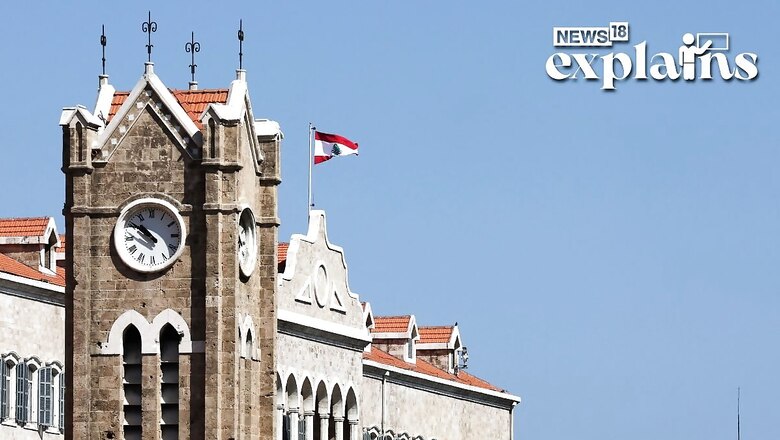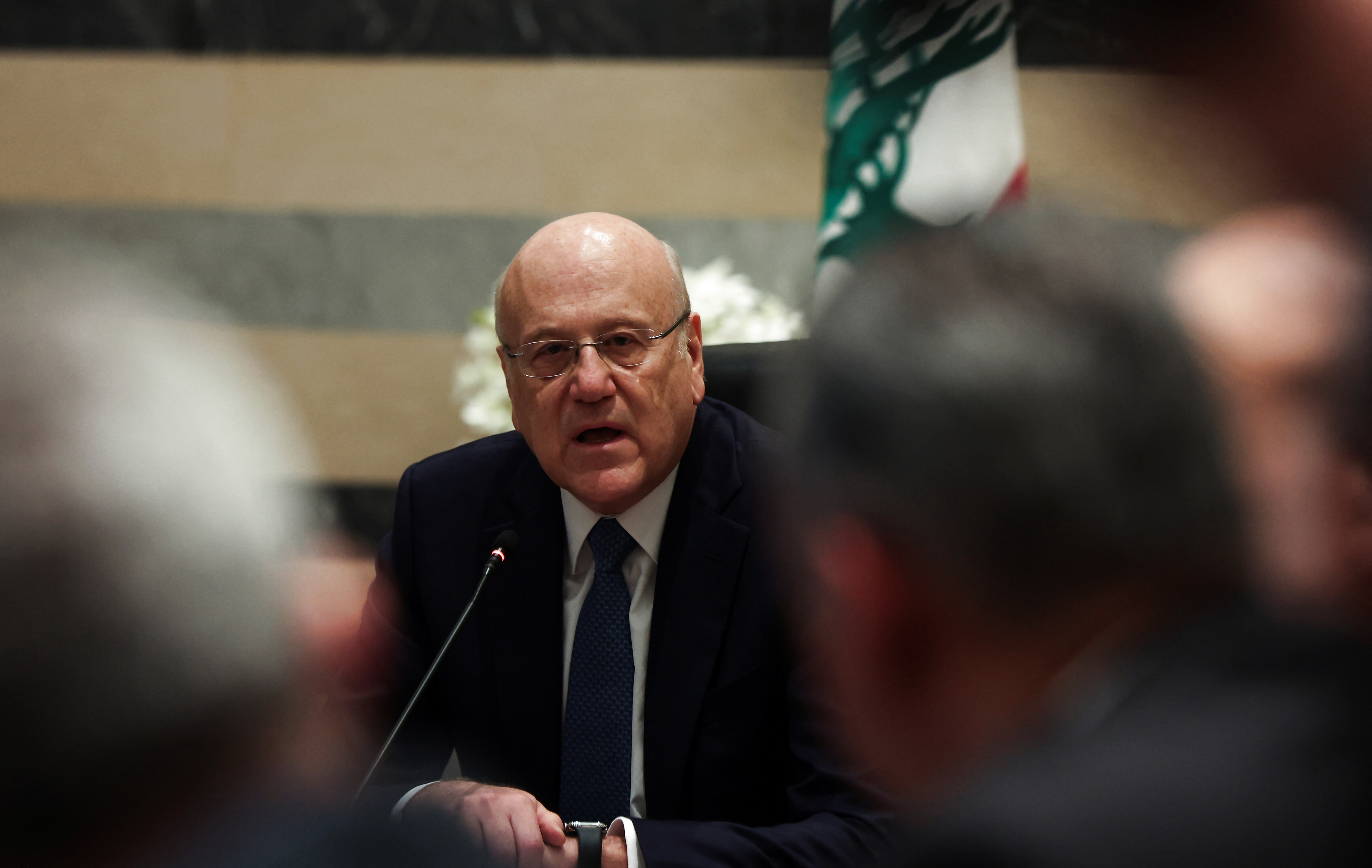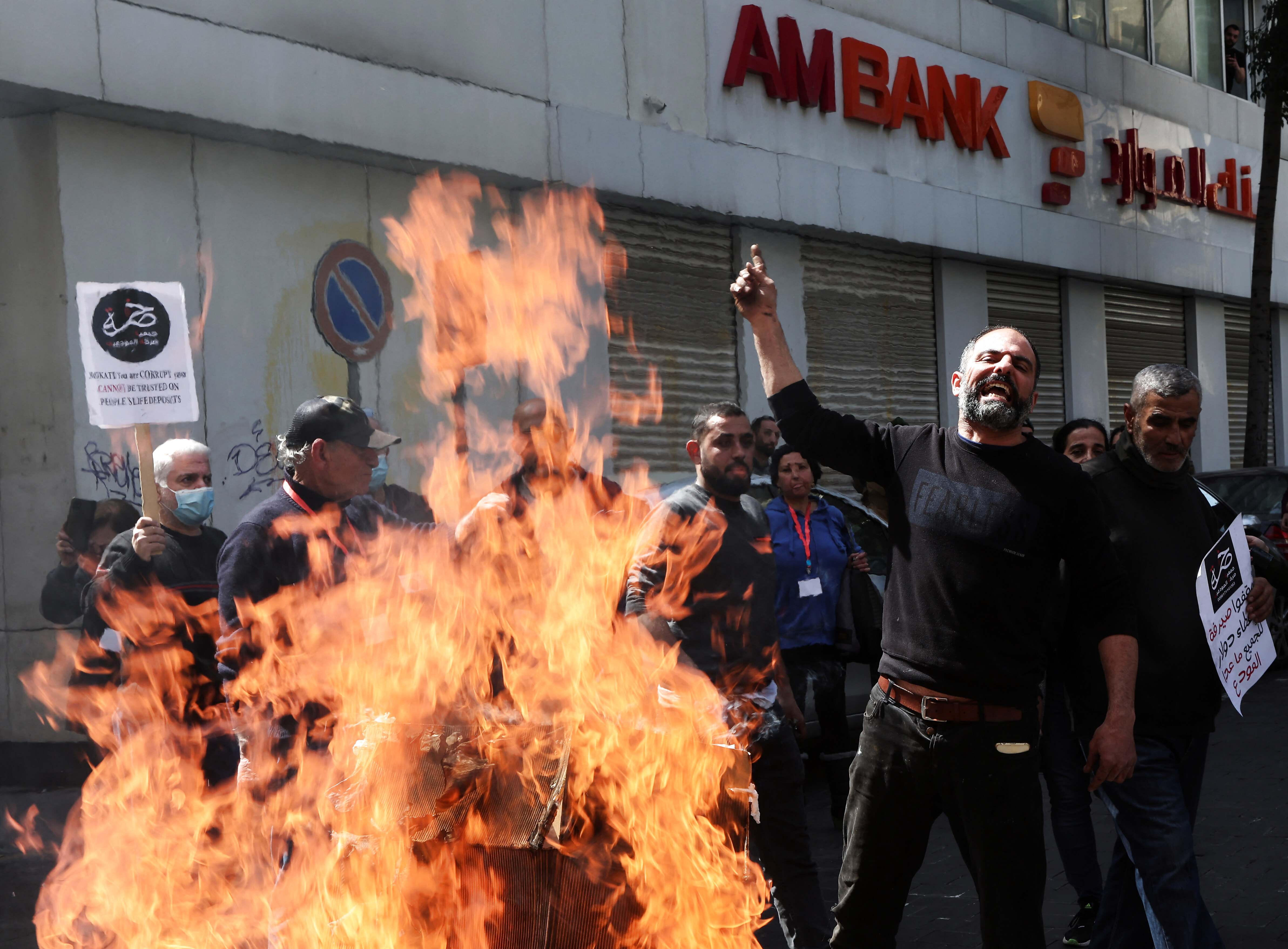
views
Lebanon’s caretaker prime minister reversed an unpopular decision made by his office to delay the start of daylight saving time by a month, saying Monday the Cabinet decided to implement the change in two days.
Najib Mikati’s comments came after the government’s initial decision earlier this month was widely criticized around the country with many, including the country’s largest church, saying they will not abide by the decision.
“The new daylight saving time will start at midnight Wednesday,” Mikati said after a Cabinet meeting that only discussed the issue. With some institutions implementing the change while others refused, many Lebanese found themselves in the position of juggling work and school schedules in different time zones — in a country that is just 88 kilometers (55 miles) at its widest point.
Last week, the government said it will delay the start of daylight saving time by a month until the end of the Muslim holy month of Ramadan. That led to mass confusion in a country already experiencing the worst economic and financial crisis in its modern history.

The small Mediterranean country normally sets its clocks forward an hour on the last Sunday in March, which aligns with most European countries. However, on Thursday, the government announced a decision by Mikati to push the start of daylight saving to April 21.
In some cases, the debate took on a sectarian nature, with many Christian politicians and institutions, including the small nation’s largest church, the Maronite Church, rejecting the move. The 11th-hour move was meant to support Muslims during the fasting month of Ramadan.
But what is daylight saving time?
Daylight Saving Time, commonly known as summer time, is a mechanism for consistently advancing clocks in the summer months to prolong daylight hours during typical waking hours, as per Britannica. Clocks in the Northern Hemisphere are normally set ahead one hour in late March or early April and back one hour in late September or early October.
Benjamin Franklin proposed the concept in a whimsical article in 1784. In 1907, an Englishman named William Willett pushed for advancing the clock by 80 minutes in four 20-minute changes throughout April and September. The British House of Commons rejected a bill in 1909 that would have advanced the clock by one hour in the spring and then returned to Greenwich Mean Time in the autumn. During World War I, several countries, including Australia, the United Kingdom, Germany, and the United States, implemented summer Daylight Saving Time to save fuel by reducing the need for artificial light. During World War II, clocks in some countries were continuously advanced by an hour—for example, in the United States from February 9, 1942, to September 30, 1945; and England used “double summer time” for part of the year, advancing clocks two hours from Standard Time during the summer and one hour during the winter.
Daylight Saving Time used to begin on the last Sunday in April and terminate on the last Sunday in October in the United States. The United States Congress passed legislation in 1986 that, beginning the next year, shifted the start of Daylight Saving Time to the first Sunday in April while keeping the end date the same. In 2007, the start date of Daylight Saving Time in the United States was moved to the second Sunday in March and the end date to the first Sunday in November. Daylight Saving Time begins on the last Sunday in March and finishes on the last Sunday in October in the majority of Western European countries, the report explains.
Why Was there Turmoil in Lebanon?
Lebanon shares power among its 18 recognised religious communities, and its political woes are often blamed on the sectarian tensions that were the key driver behind its 1975-1990 civil war.
Mikati said Monday that the initial decision was indeed “intended to relieve those who are fasting during Ramadan”, issuing the government’s first formal justification of the move.
“I absolutely did not take this decision for sectarian reasons,” he added in remarks following a cabinet meeting called on the issue. “A decision like this should not have triggered such sectarian responses.”
The last-minute delay last week sparked widespread confusion, forcing institutions, businesses and residents to revise their schedules or scramble to keep up with who was and wasn’t adhering to the change.
Flag carrier Middle East Airlines, while earlier implementing the government-ordered delay, had said it would move departure times by one hour to adhere to international flight schedules.
One large gym had said its branches in Muslim-majority areas of the capital would abide by winter time, while those in Christian areas would adhere to daylight savings time.
Crisis-hit Lebanon has been run by a caretaker government with limited powers since legislative elections in May last year. The president left office at the end of October and sectarian leaders have been squabbling over a replacement ever since.

“The problem is not summer time or winter time…. The problem is the presidential vacuum,” Mikati said, blaming “religious and political leaders” as well as parliamentarians for failing to come to an agreement.
Since late 2019, the country has endured a devastating economic crisis that has plunged more than 80 percent of the population into poverty, according to the United Nations.
The local currency has lost most of its value against the dollar, and has sunk to historic lows against the greenback this month.
Associated Press, AFP contributed to this report
Read all the Latest Explainers here




















Comments
0 comment